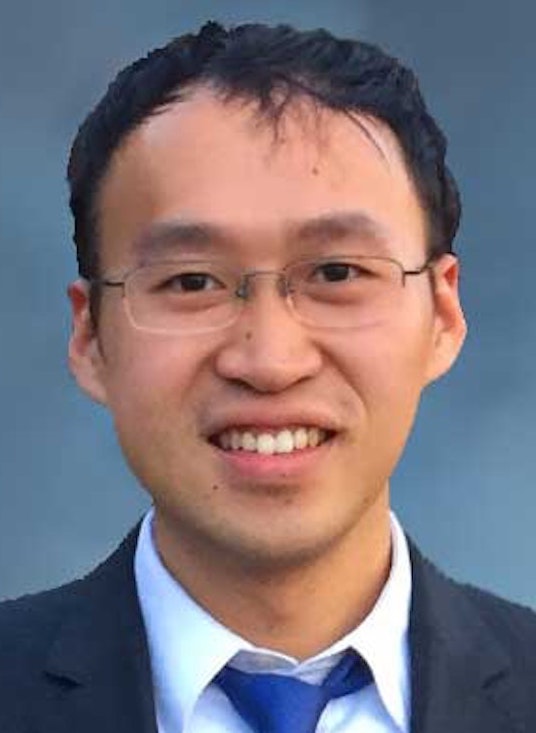The project will recruit 18 total undergraduate students from the U.S. who will conduct research mentored by professors at the University of Zaragoza Information (UZ) in Spain for eight weeks during the summer. The students will be selected from Manhattan College and The City University of New York: The College of Staten Island. Manhattan College is the lead institution of this collaborative research project.
During the summers of 2023, 2024 and 2025, a six-student cohort from the College and CUNY Staten Island will participate in pre-travel training workshops, and then spend eight weeks in Spain. Upon their return to the U.S., the students will have the opportunity to engage in follow-on collaborative projects in areas of smart and connected systems.

Yi Wang, Ph.D., associate professor of electrical and computer engineering, is the principal investigator (PI) at Manhattan College on the project, which received nearly $300,000 in funding from the National Science Foundation (NSF). Co-PIs at Manhattan include Ahmed Refaey Hussein, Ph.D., associate professor, and Radwa Sultan Ph.D., assistant professor, both of the Electrical and Computer Engineering department.
While in Spain, students will conduct an analysis of plastic optical fiber properties as the backbone for Smart Home Area Networks, and develop customized applications that incorporate natural language processing and speech recognition. The approved international collaboration is expected to build innovative, robust, and scalable smart connected systems and leverage an existing 10-year existing collaboration between UZ and various U.S. institutions.
“The overarching objective of this multicultural, interdisciplinary project is to provide the next generation of American engineers and scientists with a global perspective on collaboration, and unique hands-on educational opportunities in the field of smart and connected systems,” Wang said. “International experiences like this provide professional research experience for students, while also advancing and promoting science.”
